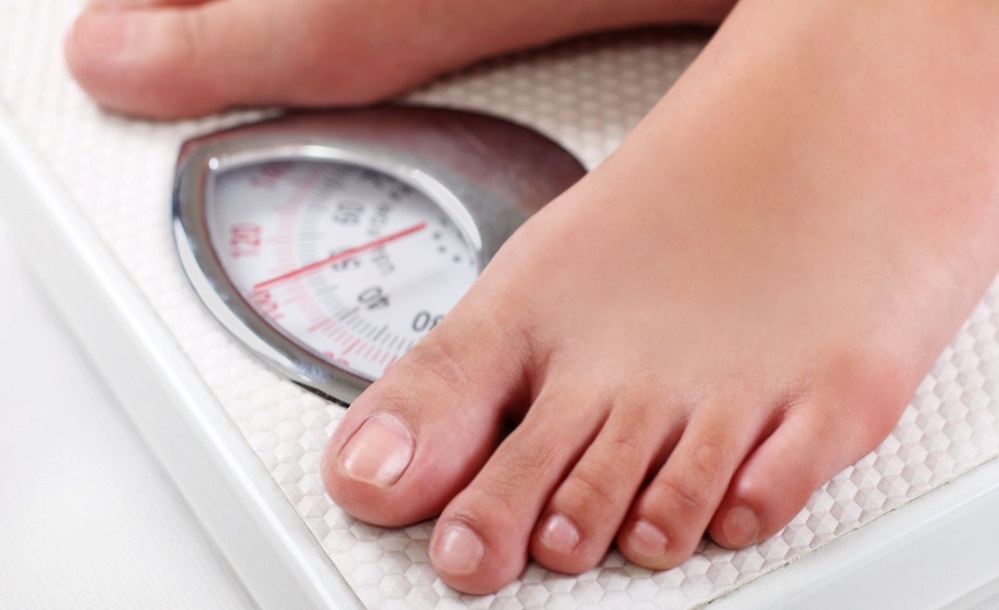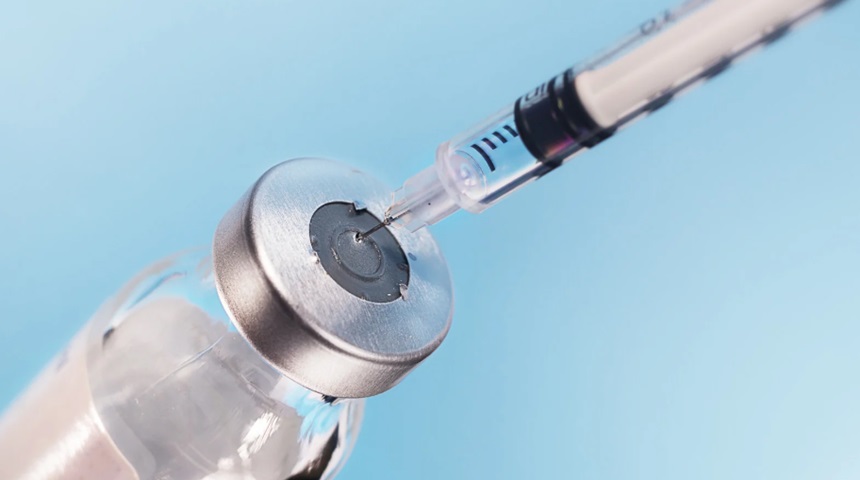While there are many benefits associated with this type of surgery, it’s important to understand just how much weight people typically lose after gastric bypass surgery. If you’re thinking about undergoing this kind of surgical treatment for obesity, then keep reading! The post provides an overview of how much weight people typically lose after gastric bypass surgery and more.
What is gastric bypass surgery?
Gastric bypass surgery is performed on patients with dangerously high weight, usually with a BMI of 35-45 and above. It is the most efficient way to go about losing enough weight to be classified as morbidly obese. Bypass surgeries are meant for those that need drastic measures to become healthier individuals.
The process of the surgery:
The general procedure of a gastric bypass in Tijuana, Mexico, looks like this:
1) Incisions are made on the abdomen.
2) The stomach is divided into two parts, a smaller upper pouch and a larger lower part.
3) The new smaller stomach is then attached to the small intestines, which makes food go directly into the second part of the intestine, bypassing most of the body’s nutrient absorption process.
How long will it take to recover?
Depending on the patient, it can take up to three months for patients to feel like they are ready to go back into society, but most say that two months is enough time. During recovery time, most people stay at their homes and focus on their weight loss.
How much weight can I lose after the surgery?
Weight loss varies for each individual because of the types of foods they were eating prior to their surgery, metabolism rates, and activity levels. However, there is no way around the fact that this will be an effective weight-loss measure for most people who go through with it. Typically, individuals lose anywhere from 50-75% percent of their excess body weight after undergoing this procedure.
You may also like: How to Get Rid of Gas After Gastric Bypass.
Calories and exercise after the surgery:
The reason this is effective for weight loss is that part of the stomach and intestines are removed. Digestion becomes difficult to complete, so individuals eat less than before. Also, eating smaller portions allows the body to take a longer time digesting food, which means a slower absorption rate as well.
Exercise is encouraged after gastric bypass surgery because it helps to tone muscles and shed fat in stubborn areas that may have been missed otherwise. It also speeds up metabolism, which is important when you are eating less food.
Tips for success post-surgery:
1) Eat small portions and snacks often: Eating slowly and chewing thoroughly helps to give the body the appropriate time it needs to digest food. Eat healthy lean proteins that are low in fat, vegetables, fruits, and whole grains such as quinoa. Avoid processed foods such as potato chips and canned vegetables where possible
2) Chew Sugarless Gum: Chewing gum can help with weight loss because it stimulates saliva production. It also gives the body something to do, which is beneficial for those who are struggling with diabetes or other health issues.
3) Drink 64 oz of water daily: Staying hydrated helps to make healthy foods more appealing and increases energy levels.
4) Take multi-vitamins: Taking multi-vitamins ensures that the body is receiving proper nourishment and helps with digestion.
5) Monitor portion size: It’s important to eat appropriate portions of food at each meal. This will help you lose more weight over time, as larger amounts of food often lead to a slower metabolism.
After gastric bypass surgery, some people will lose between 50-75% of their excess weight. The amount of weight lost varies greatly from person to person and depends on many factors, including the type of diet they follow after surgery, how much exercise they get each week, and whether or not they were obese before the procedure. Hope this article was helpful.




